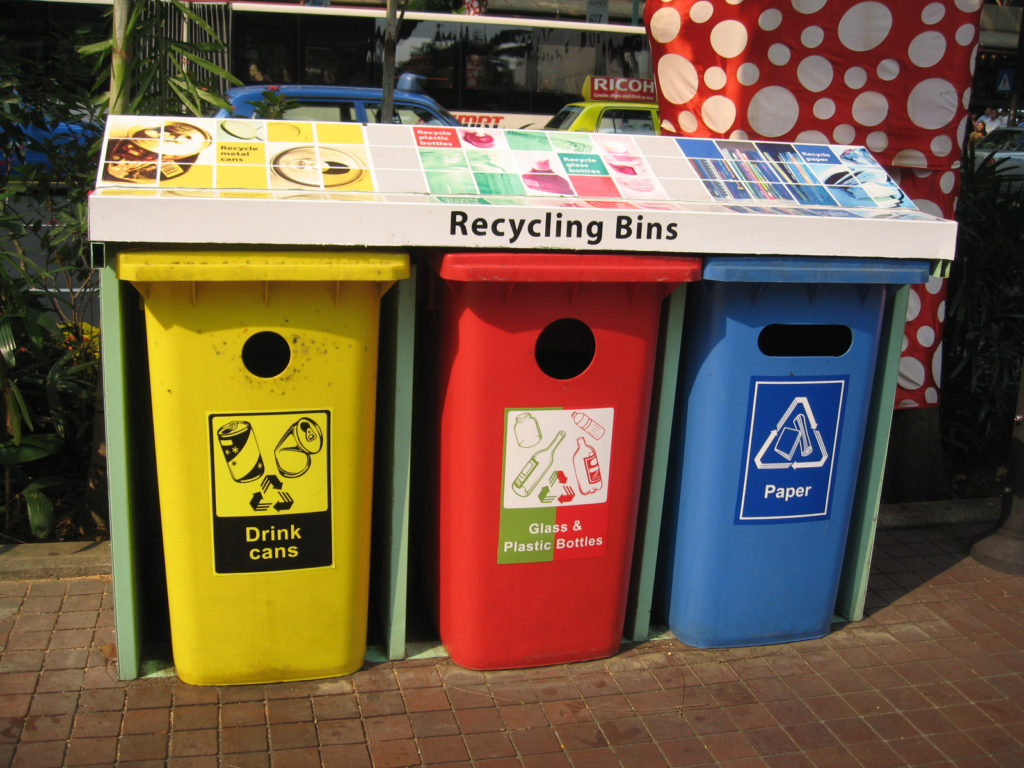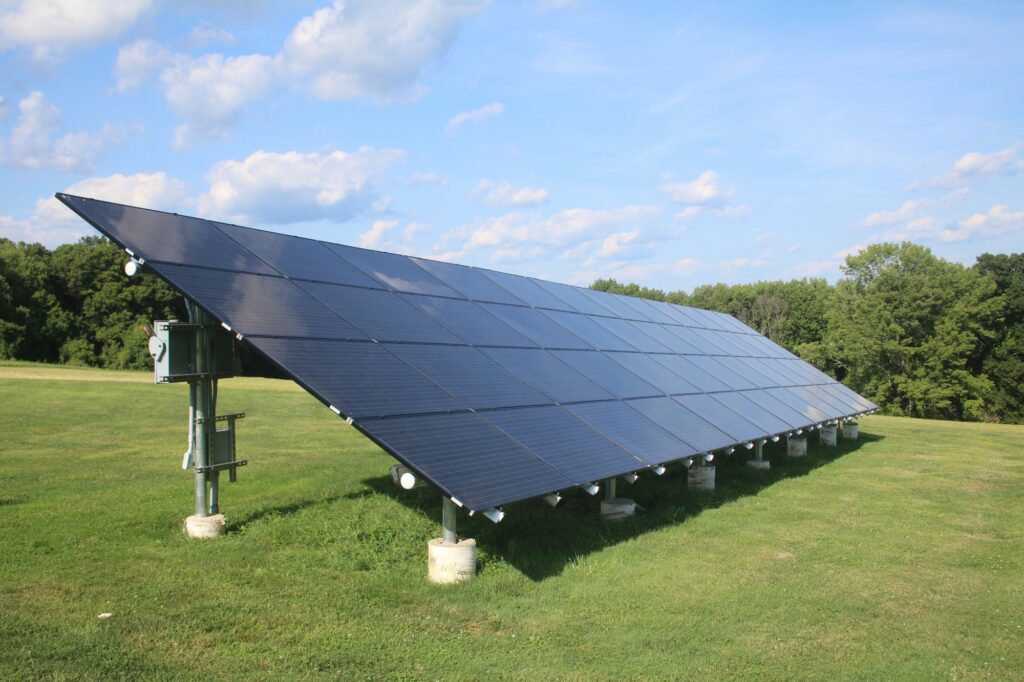Composting is a word not often heard around Weber State University. One group of students is trying to change that.
Dr. Alice Mulder’s geography class is working on a semester-long project focusing on environmental efforts. Students Ilona Adams, Hailey Burton, Emma Fernelius and Jonathan Wride are working closely with the Shepherd Union administration, Sodexo and the sustainability center on how to implement post-consumer composting to students.
Sodexo is no stranger to composting efforts. They have been composting at Weber State University for over five years and have been working on pre-consumer composting efforts on campus.
Pre-consumer composting is when scraps are taken from the dining kitchens and then made compostable.
Sodexo employees have an earth bin in which they put all their scraps. They collect fruit and vegetable peelings, coffee grounds and tea bags. After everything is converted into compost, the grounds crew uses it to enrich campus grounds’ soil.
At one point, Sodexo even had their own small composting bin when Starbucks was in the Shepherd Union. However, too many people were treating it as a regular garbage bin, contaminating possible compost material.
“We were very hesitant to start this because we just thought it wasn’t going to be successful,” said Jessica Alford, general manager of Sodexo at WSU. “But we’re biting the bullet and giving it a shot, knowing that it might not be a hundred percent successful right away.”
Besides Sodexo employees’ efforts in the Shepherd Union, the only other places on campus that deal with composting are the community garden and the landscaping department. The community garden is located behind the Wildcat Village dorms.
The garden is run by students every semester. The grounds compost all of their tree clippings, mulch and leaves.
The main of goal of fully introducing composting is to help make WSU carbon neutral by 2050. Composting will also help reduce the university’s carbon footprint.
The project’s main proposal is to introduce post-consumer composting to the Shepherd Union food court. If successful, they will then expand to the entire building and potentially the campus as a whole.
Eventually, the Shepherd Union food court will have bins where students will be able to bring their own compost.
The next step is to teach students about what is compostable and what composting is.
Compostable products consist of egg shells, coffee grounds, fruit and vegetable peelings, occasional dairy products and certain breads. Composting efforts can reduce landfill, improve plant life and also decrease a consumer’s carbon footprint.
Jennifer Bodine, sustainability coordinator at WSU, said this project is important because it will reduce the amount of food waste. It will also educate students on what is considered wasteful food and how to better manage their food waste.
“Our goal is to have a rally, new student orientation videos, new signs and volunteers to help educate and helping during the first week of school,” Fernelius said. “We also want to continue the education, so it’s not just during the first week of school. It’ll be on a specific day, so people can get used to seeing it regularly.”
Their plan for the rally is to get a group of students together and have them come in a week before school starts. They can be fully educated on composting, then they can readily answer any questions students may have.
The biggest expected challenge willl be educating students. “We’re basically going to be changing students’ mindsets and making them realize why this is so important,” Fernelius said.
Currently, the four students working on the project are going around to elementary schools, middle schools and high schools to see how the schools are educating their students on composting. They’ll take the information they learn from the schools and help devise a plan to help educate students.
The proposal for this project is going to be presented at the end of November. “Hopefully in spring, the powers that be will be busy getting everything that we presented in our proposal,” Adams said. “We can’t predict when this will kick off, but hopefully by next fall, we’ll start to see something happening.”
















